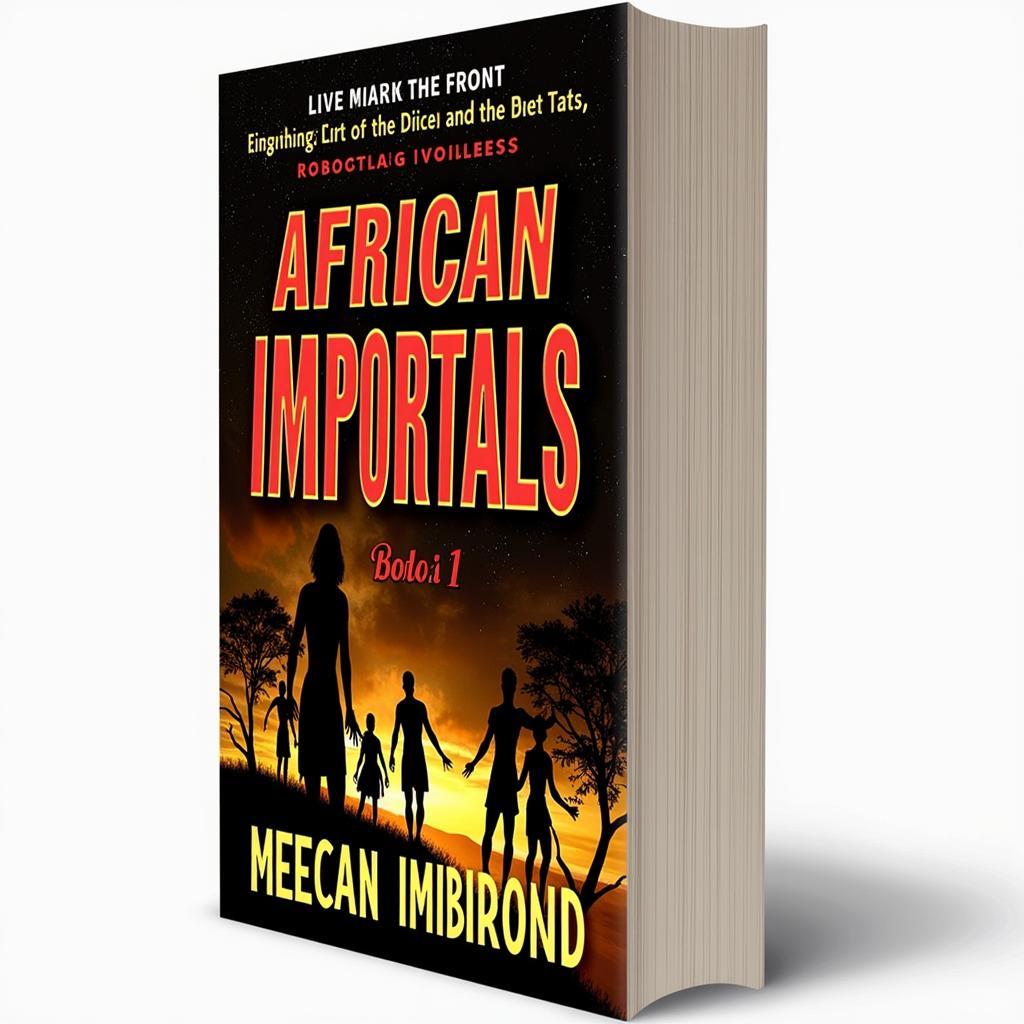Unveiling the Mysteries: A Deep Dive into African Cultural Masks
African Cultural Masks, steeped in tradition and symbolism, offer a captivating glimpse into the diverse cultures of the continent. More than just decorative pieces, these masks played a pivotal role in rituals, ceremonies, and societal functions, embodying spirits, ancestors, and deities.
The Many Faces of Africa: Exploring Regional Styles
From the intricate carvings of West Africa to the vibrant colors of East Africa, each region boasts a distinctive mask-making tradition. For instance, the Yoruba people of Nigeria are renowned for their elaborate masks used in Egungun masquerades, honoring the ancestors and ensuring their blessings.
West African Wonders
West Africa stands out for its wooden masks, often featuring human or animal forms, with geometric patterns and exaggerated features. These masks, used in ceremonies like initiations, funerals, and festivals, are believed to facilitate communication with the spirit world.
Central African Creativity
Central African masks, often characterized by their heart-shaped faces and intricate scarification patterns, played a significant role in rituals related to fertility, hunting, and social control. The masks of the Kuba people of the Democratic Republic of Congo, known for their geometric designs and cowrie shell embellishments, are prime examples of this rich artistic heritage.
East African Expressions
East African masks, often made from wood, gourd, or fabric, feature a wide range of styles and materials. Among the Maasai people of Kenya and Tanzania, masks are used in ceremonies like circumcision rituals, signifying the transition to adulthood.
Beyond the Surface: Deciphering the Symbolism
African masks are more than just visual representations; they are imbued with profound cultural and spiritual significance. Every detail, from the materials used to the colors and patterns, carries meaning and conveys a specific message.
Animalistic Representations
Animals, often seen as totems or representations of ancestral spirits, feature prominently in African masks. For example, the antelope, symbolizing grace and agility, is a recurring motif in many cultures, while the lion represents strength and power.
Ancestral Connections
Ancestor worship is central to many African cultures, and masks serve as a conduit to communicate with and honor the deceased. These masks, often used in rituals and ceremonies, are believed to embody the spirits of ancestors, seeking their guidance and protection.
Social Commentary and Storytelling
Masks also serve as a powerful tool for social commentary and storytelling. Through satire and humor, masked performers address societal issues, criticize injustices, and transmit cultural values and traditions.
Preserving Heritage: The Enduring Legacy of African Masks
Today, African masks continue to captivate audiences worldwide, inspiring artists, designers, and collectors alike. Museums and galleries showcase these cultural treasures, while contemporary African artists continue to innovate, drawing inspiration from their heritage while exploring new forms and expressions.
FAQs about African Cultural Masks
What are African masks made of?
African masks are crafted from a variety of materials, including wood, metal, fabric, feathers, beads, and even animal hides. The choice of materials often depends on the specific cultural group, the mask’s purpose, and the resources available in the region.
Where can I see authentic African masks?
Many museums around the world have impressive collections of African art, including masks. Some renowned institutions include the British Museum in London, the Metropolitan Museum of Art in New York, and the Musée du Quai Branly – Jacques Chirac in Paris.
Are African masks still used today?
Yes, African masks continue to play a vital role in traditional ceremonies and rituals in many parts of Africa. They are also used in contemporary art forms, theatrical productions, and as decorative items.
Explore More about African Culture
Interested in learning more about the rich tapestry of African culture? Delve deeper into the fascinating world of African lace dresses and discover the beauty of African embroidery dress designs, reflecting the vibrant heritage of the continent.
Need Help?
For further assistance or inquiries, please contact us at:
Phone Number: +255768904061
Email: kaka.mag@gmail.com
Address: Mbarali DC Mawindi, Kangaga, Tanzania
Our dedicated customer support team is available 24/7 to assist you.

